|
A stunning 95% of the companies that use pallets choose wood. That's according to the 12th Annual Pallet Report released last month by Modern Materials Handling. Now, that's not to say companies exclusively use wood. 31% of survey respondents use plastic and another 17% reported using wood composite, for example. But, clearly, pallets made from wood still hold a commanding lead for transporting goods.
0 Comments
In the US alone, it's estimated that 1.9 billion pallets are hard at work on the daily. Essential to supply chains, these unassuming platforms are busy transporting everything from your morning coffee to the high-tech components helping to lift rockets into space. Roughly 90% of US pallets are made from wood. That's according to the latest Annual Pallet Report published by Modern Materials Handling. With so many wooden pallets in circulation, you may be asking if wooden pallets are really a sustainable choice. Yes, yes they are. Choosing a pallet fastener can be a delicate balancing act. Ideally, you want to land somewhere between a lower price-per-pallet and a fit secure enough to safely do the job. Let's first look at nails. They're commonplace and often the fastener of choice. Why? Well, nails tend to flex with the wood and help maintain strength. Nails are usually cheaper. But, nails can also fail - especially if a lot of vertical force is expected on the load. We're talking product loss or handler injury. Yikes. So... are screws better? Sometimes, yes. Is your brewery storing and aging beer in barrel racks? What if we told you pallets can increase your warehouse efficiencies - both in space and time.
If you're stacking casks and barrels of brew, swapping out barrel racks for pallets can introduce a 15% product density increase. That's because pallets let you move 4 barrels at a time. As an added bonus, more beer on a pallet saves time by reducing the number of handlings or trips needed to the barrel house. CP pallets are available in nine standard designs manufactured in metric dimensions. You can easily identify these chemical pallets by one of the CP designations (CP1 thru CP9) stamped on the pallet.
In this post, we'll take a closer look at three CP pallets popular in the US and examine why these block style pallets originally designed for the chemical industry are becoming more common when shipping products into our global economy. Wood is our most common material for building pallets because it is strong and durable. To make sure your pallets avoid rot and stay this way, proper storage is essential. First, consider how long you will be storing pallets made from wood.
For short-term storage of a few months or less (most pallets out there), the effects of outdoor storage such as moisture, sun, snow, etc. will usually not have an adverse effect on wooden pallet performance. But, long-term storage under poor conditions can lead to pallets that "look" bad, grow mold and can even become rotten and unsuitable for use. |
Call Us: (410) 477-3000
Headquartered in Baltimore since 1918 Nelson Company is a trusted source for pallets & packaging materials.
NelsonCompany.com Is your packaging system costing more than it should? Find out how you can start saving with an analysis from Nelson Technical Center.
Our own web-based software for reverse distribution. Nelson-ART™ manages the entire life-cycle of your packaging assets.
|
Tech CenterThe Nelson Technical Center finds savings. Solutions for the design, supply and recovery of transport packaging.
(443) 649-1049 |
Wood SalesCustom wooden pallets and crates are our specialty. Ask us about wood manufacturing, repair and recycling.
(410) 477-3000 |
|

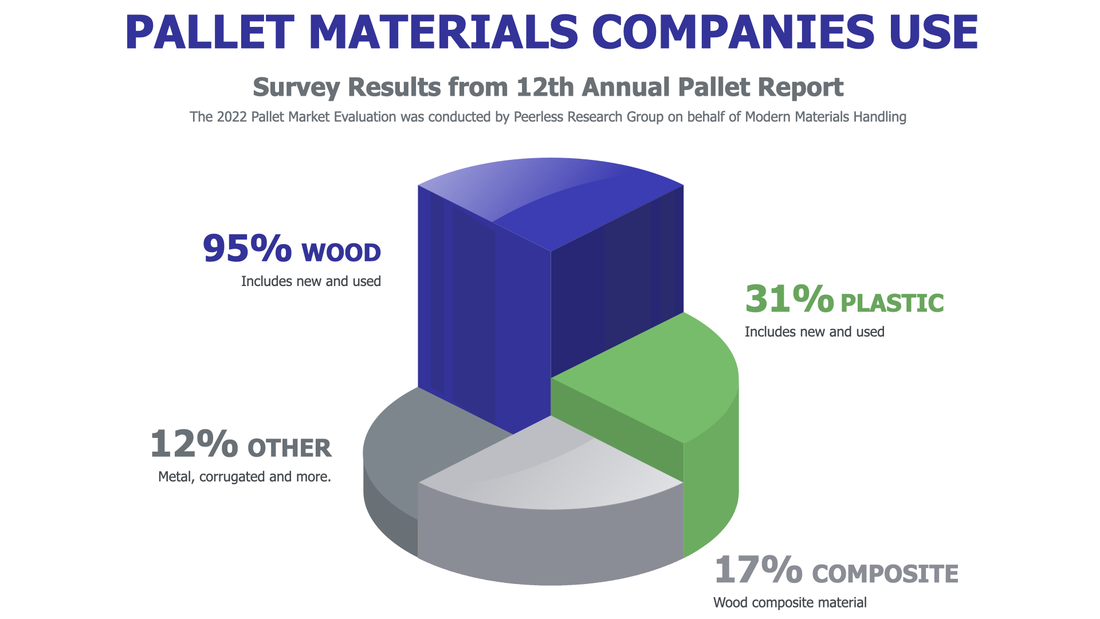
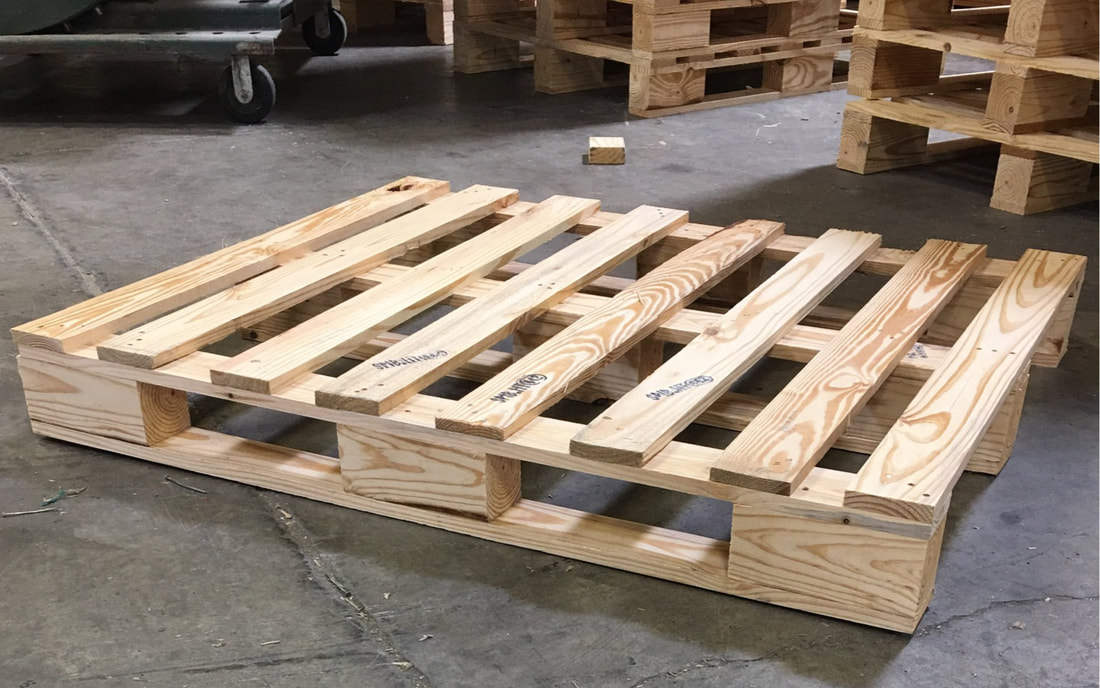
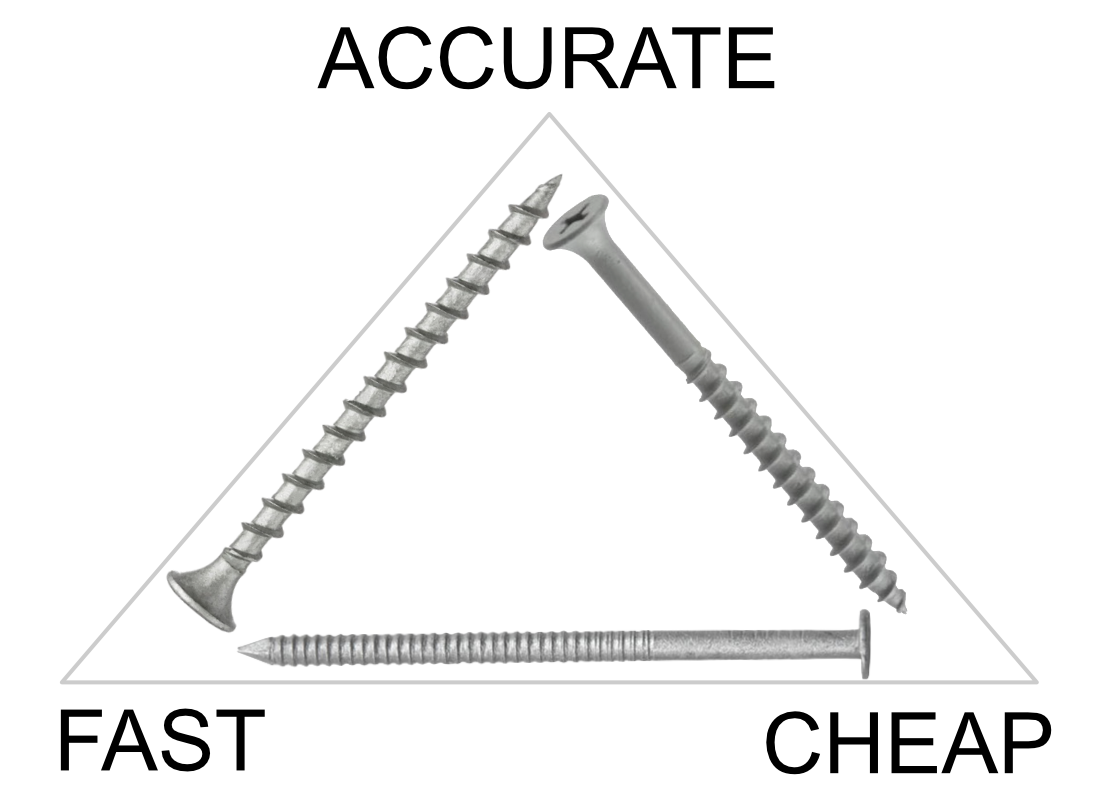
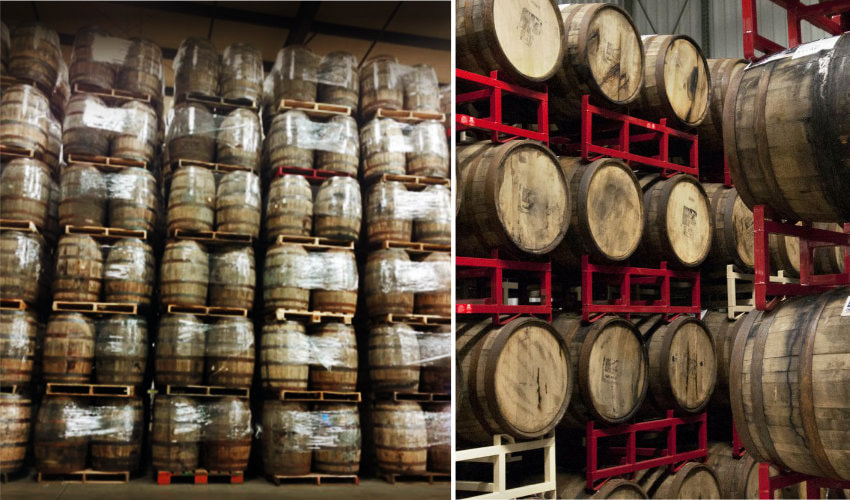
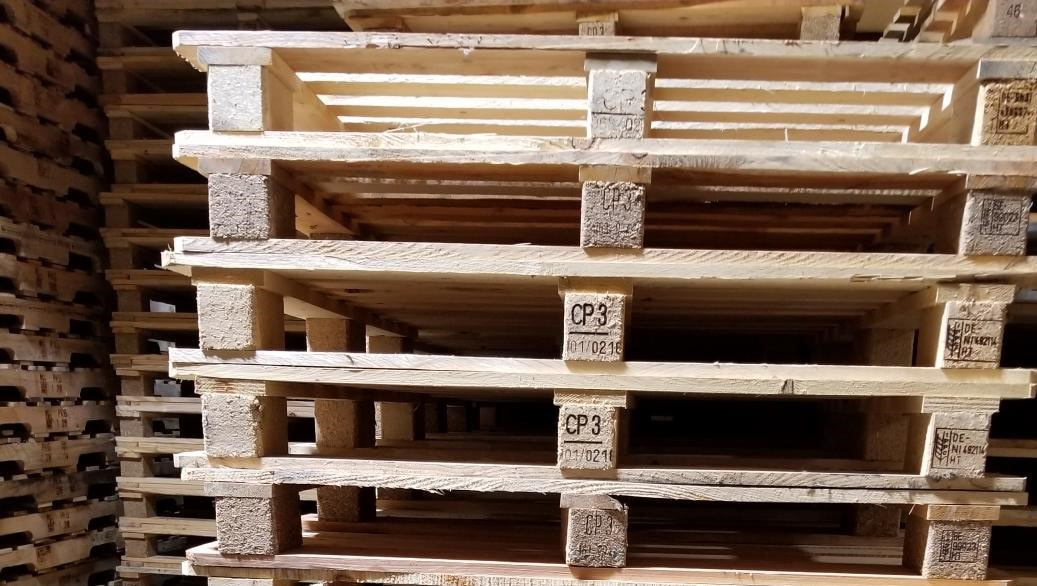
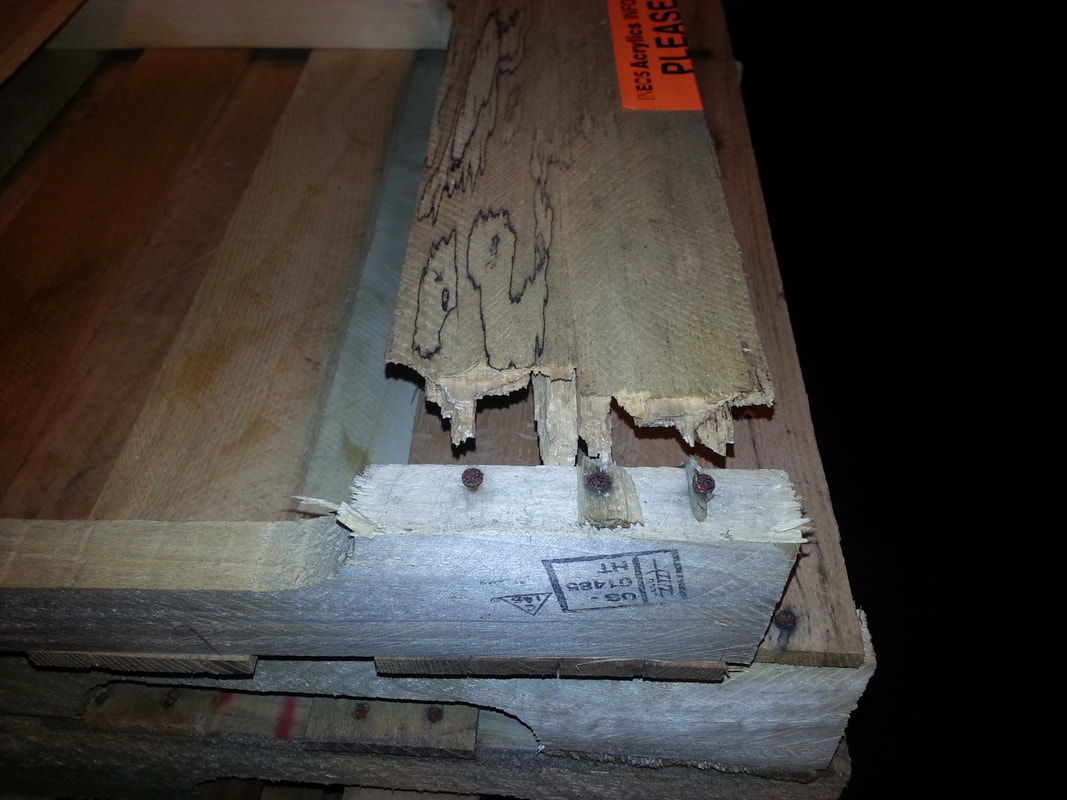



 RSS Feed
RSS Feed
